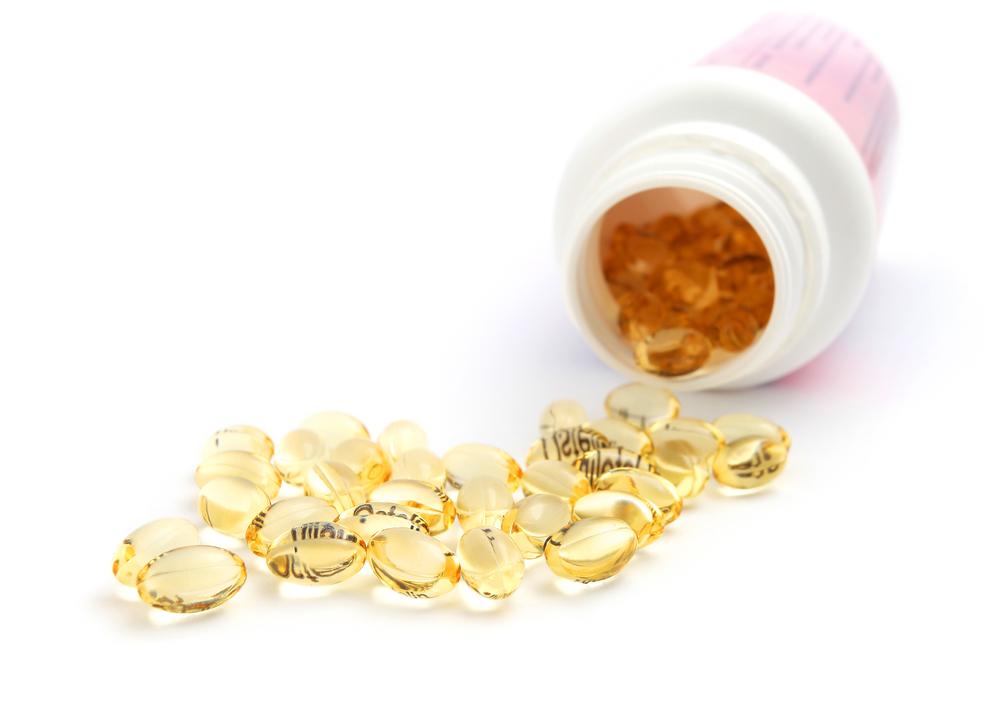
There are two suppliments we do need to manage. One is vitimin C and the other is vitimin XD. And a good complex diet should handle the rest.
I do plus 4000 mg of vitimin C and 2500 mg of vitimin D. Again, i live in Vancouver and simply cannot count of enough direct sun. Add in my heart attack ftrom circulatory disease in 2005 and you have my dosage of vitimin C. Linus Pauling made it to 92.
Understand that a teaspooon of ascorbic acid now added to my boiled grapefruit peel extract makes a palatable tea. Go slow initially of course.
I do have a bone to pick with big pharma over vitimin C. At least today, the suppliment pushers have taken it up to 1000 mg for vitimin C and veven 2500 mg for vitimin D..
almost as cute as watching the Arclein Diet emerge into consiousness as intermittent fasting.
Current Vitamin D Recommendations May Not Protect the Heart: Research
Two new studies indicate current recommendations for the vitamin may be too low, but research remains conflicted about its impact on heart disease outcomes.
(Kelvin Wong/Shutterstock)
By Amie Dahnke
11/30/2023
https://www.theepochtimes.com/health/current-vitamin-d-recommendations-may-not-protect-the-heart-research-5538868
Current vitamin D dosage recommendations may be falling short when it comes to protecting your heart, according to new research.
Two new studies from Intermountain Health presented at the American Heart Association's 2023 Scientific Sessions reported that the current recommendations of the micronutrient may be too low and could lead to serious health consequences.
How Does Vitamin D Affect the Heart?Vitamin D is often considered the sunshine vitamin because our primary source of the micronutrient is solar rays. It's also found in foods such as fortified milk and orange juice, fatty fish, mushrooms, and beef liver. Benefits of adequate vitamin D intake include reduced inflammation, protection against osteoporosis, increased neuromuscular function, and better immune function. Too little vitamin D puts an individual at risk of developing bone weakness and more.
The studies noted that one of the lesser-known effects of vitamin D is how it contributes to the cardiovascular system, most likely because of its anti-inflammatory properties.
Vitamin D binds to a protein that's more likely to be depleted by inflammation. Research shows that chronic heart failure, mired by inflammation, is often linked to vitamin D deficiency and that very low levels of the vitamin have been connected to a higher risk of death in those with heart failure, according to the American College of Cardiology. However, the evidence remains inconclusive as to vitamin D's role in the development of heart disease.
The first study aimed to understand more about optimal dosing to help people reach appropriate vitamin D levels and to learn whether the micronutrient would aid in preventing cardiovascular events. The clinical trial consisted of 632 participants who had experienced acute coronary syndrome—or decreased blood flow to the heart. Researchers divided participants into two groups: one that received vitamin D as an intervention and one that received standard care.
Clinical trial participants in the vitamin D intervention group were given the specific levels of the micronutrient they needed based on their blood work.
Researchers quickly learned that participants in the intervention group needed high doses of vitamin D to reach 40 nanograms per milliliter, the baseline optimal level for preventing cardiovascular disease. More than half of the participants required between 5,000 and 8,000 international units (IU) of vitamin D to reach optimal levels.
Currently, the recommended dietary allowance (RDA) for vitamin D is 600 IU, or approximately 15 micrograms, for adults under the age of 70, and 800 IU for adults older than 70.
Researchers noted that achieving therapeutic levels of vitamin D took time. Less than 65 percent of participants were at optimal levels at three months, and 25 percent required six months of high-dosing intervention to obtain optimal vitamin D levels.
Could Higher Levels of Vitamin D Improve Heart Health?The next step for researchers is determining if maintaining higher vitamin D levels could help improve cardiovascular disease outcomes.
Previous research funded by the National Institutes of Health (NIH) indicates that adults who take moderate- or high-dose daily vitamin D supplements of at least 1,000 IU don't have a reduced risk of heart attack, stroke, or cardiovascular-related death.
In fact, 21 other randomized trials related to vitamin D and cardiovascular disease failed to prove a single clear benefit between vitamin D supplements and the prevention of heart disease or stroke.
Researchers such as Dr. JoAnn E. Manson, who authored a study on vitamin D and heart health, believe that the reason that adults with higher vitamin D levels are less likely to have cardiovascular disease is because of their exercise habits. In observational studies, people who spend more time outdoors—and in the sun—are more engaged in physical activities, which support cardiovascular health. They also often have higher vitamin D levels. Diet is also likely to positively affect heart health, as fish and other nutrient-dense foods supporting heart health tend to be higher in vitamin D.
The NIH also warns against consuming too much vitamin D, noting that mega-dosing with more than 4,000 IU could lead to adverse effects, including kidney stones and high calcium levels in the blood.
No comments:
Post a Comment